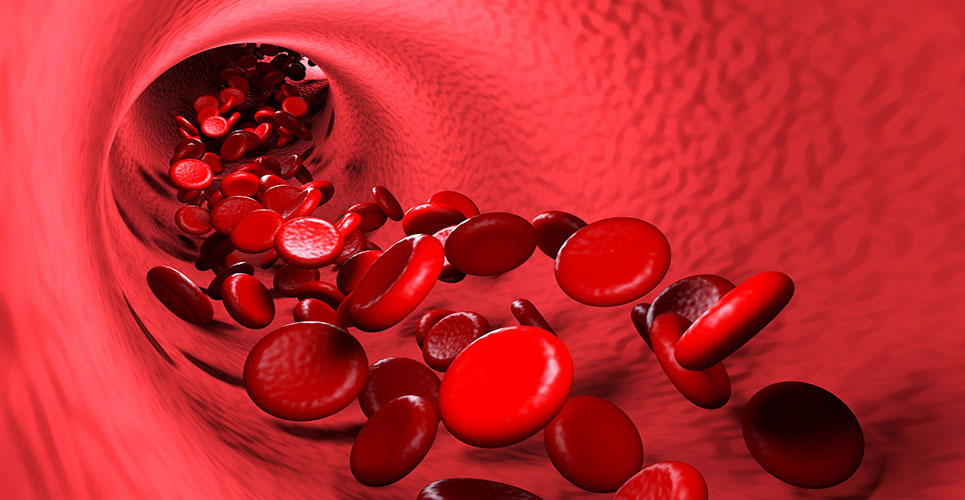teaser
A study, published in the American Heart Association journal Stroke, suggested that more caution may be required when prescribing antihypertensive (blood pressure lowering) drugs to patients with unruptured intracranial aneurysms.
Coffee consumption was found to increase the chances of a weakened blood vessel, or aneurysm, bursting in the brain by 10.6%.
Vigorous physical exercise (7.9%) was second in the table, followed by nose blowing (5.4%) and sexual intercourse (4.3%). Other risk factors identified by the study in the Netherlands were straining on the toilet, cola consumption, being startled, and getting angry.
Lead researcher Dr Monique Vlak, from the University Medical Centre in Utrecht, said: “All of the triggers induce a sudden and short increase in blood pressure, which seems a possible common cause for aneurysmal rupture.”
Some 250 haemorrhagic stroke patients were questioned about their exposure to 30 potential trigger factors and relative risks were then calculated on the basis of brain bleeds being triggered by preceding events. Aneurysms in the brain cause the walls of blood vessels to balloon, leading to a risk of rupture and the sudden release of blood. This type of stroke known as a “subarachnoid haemorrhage” can have fatal or disabling effects.
While about 2% of the population have unruptured intracranial aneurysms (IAs), few of them rupture. Sometimes a rupture is preceded by symptoms such as vomiting, impaired vision, fainting or severe headaches.
Dr Vlak said: “Reducing caffeine consumption or treating constipated patients with unruptured IAs with laxatives may lower the risk of subarachnoid haemorrhage.
“Whether prescribing antihypertensive (blood pressure lowering) drugs to patients with unruptured IAs is beneficial in terms of preventing aneurysmal rupture still needs to be further investigated.”
Copyright © Press Association 2011

